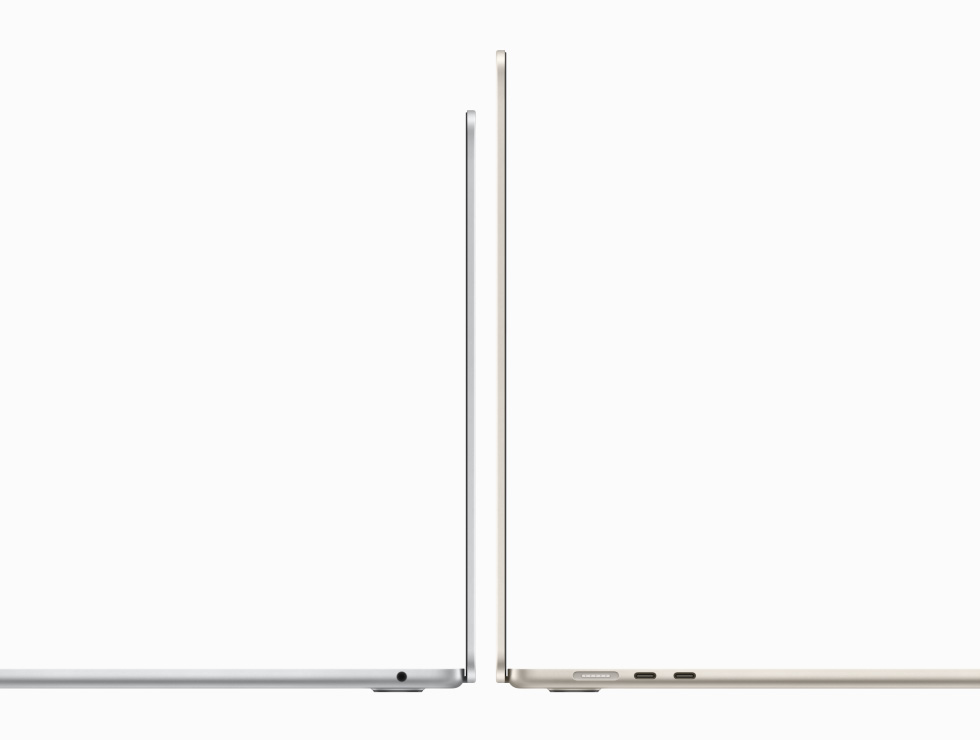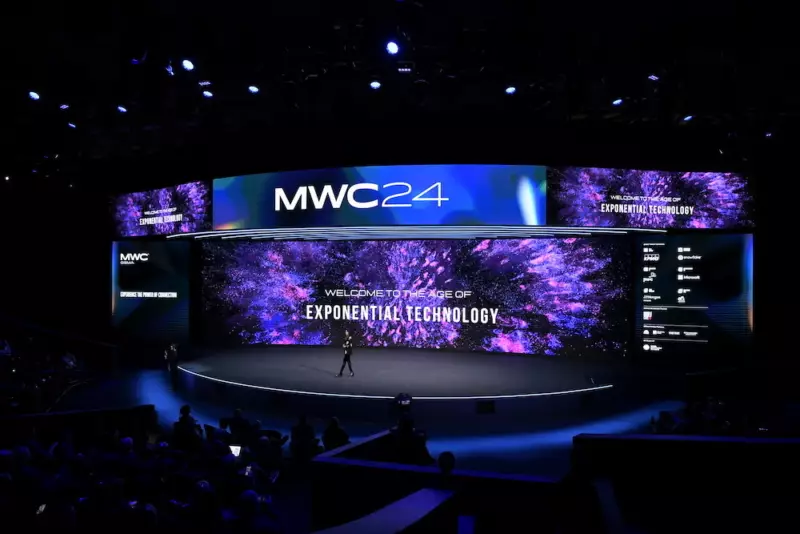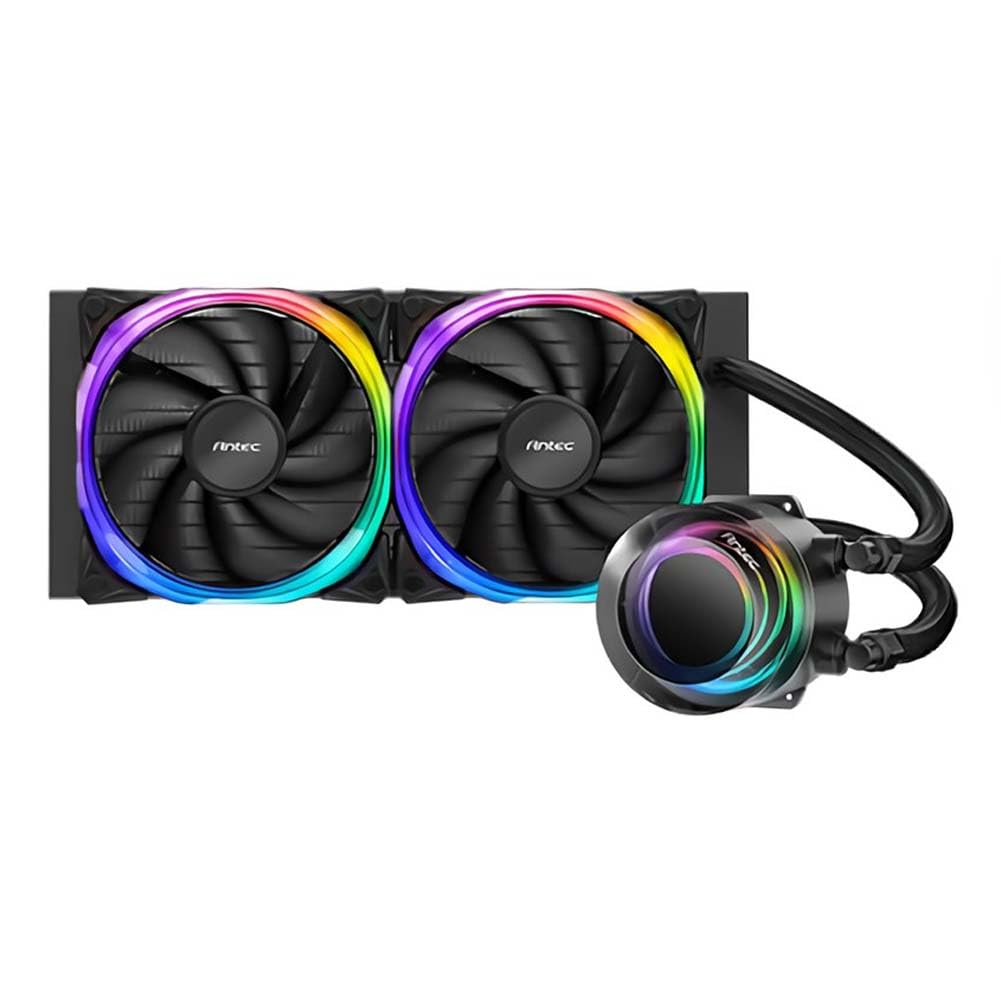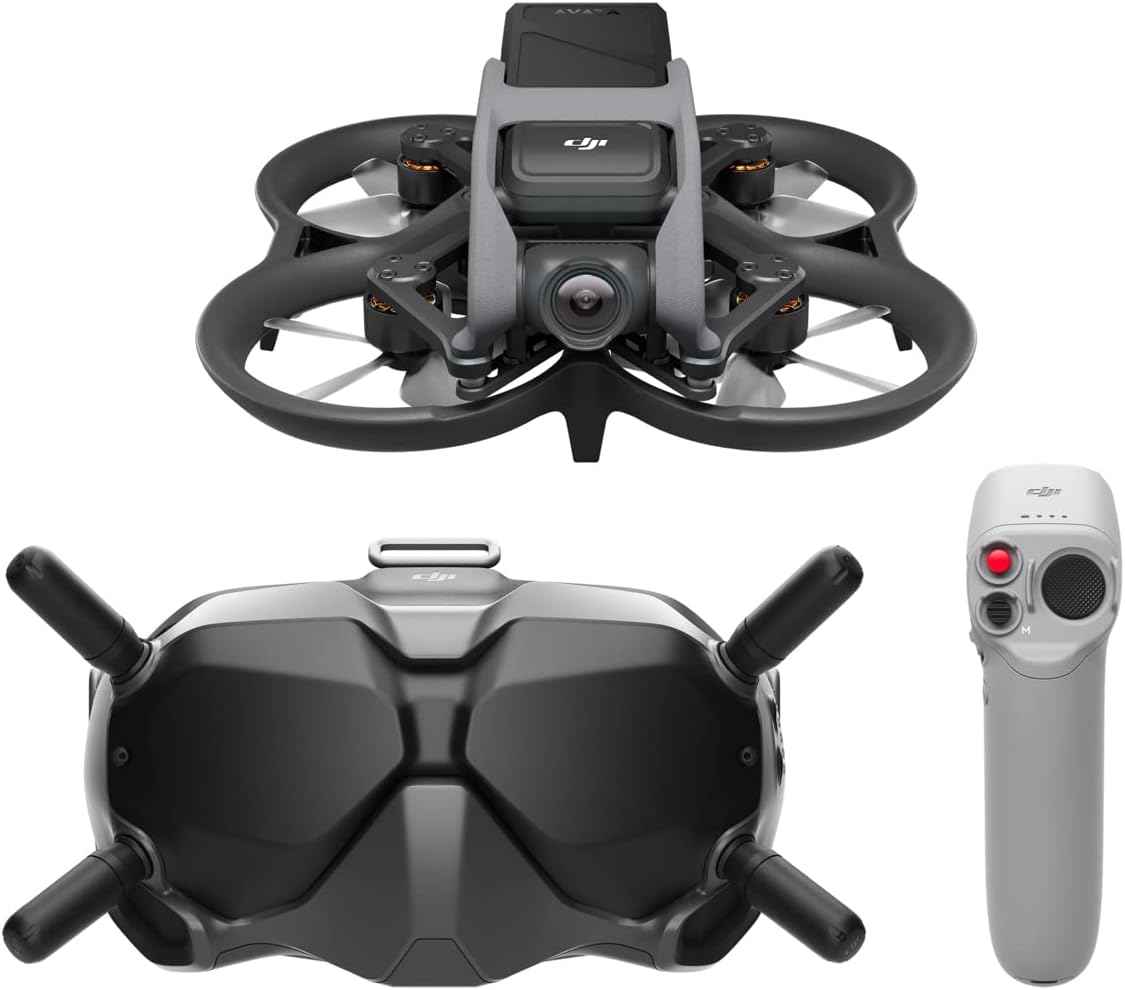Apple’s MacBook Air M3: A Bold Entry into the AI PC Race Signals a New Era of Innovation
In the midst of today’s excitement surrounding the launch of the new M3 MacBook Air laptops, a subtle yet significant shift in product messaging signals Apple’s entry into the AI PC arena.
Amidst the unveiling of the latest 13-inch and 15-inch MacBook Air ultraportables boasting the newest Apple silicon, attention was drawn to two paragraphs in the press release. These paragraphs boldly claim the MacBook Air as the “World’s Best Consumer Laptop for AI”. While some might dismiss this as mere boasting, those immersed in the tech industry recognize a deeper significance.
To appreciate the magnitude of this shift, a brief history lesson is in order. Until 2020, Apple’s Mac lineup, including the MacBook Air, relied on Intel CPUs. However, with the introduction of Apple Silicon, starting with the M1 chip, Apple embarked on a journey to transition away from Intel. Through iterative improvements, Apple has gradually replaced Intel silicon with its own, positioning itself as a leader in system innovation.

Intel, on the other hand, is not one to be sidelined. In response to Apple’s advancements, Intel is revising its chip lineup with Intel Core Ultra processors, with a particular focus on the “AI PC”. This AI component, powered by a Neural Processing Unit (NPU), aims to match the AI capabilities offered by Apple’s silicon.
The question remains: What exactly does an “AI PC” entail? While the specifics are still unclear, the industry buzz suggests a forthcoming wave of innovation and discussion surrounding these systems.
Despite Apple’s 17% share of the PC market, the company recognizes the need to continually innovate and compete against the likes of Intel and Microsoft. Thus, the claim of the “World’s Best Laptop for Consumer AI” is not merely rhetoric. Apple’s commitment to AI dates back to the integration of its first Neural Engine in the iPhone 8, paving the way for the advanced capabilities seen in the M3 MacBook Air.
Apple’s emphasis on AI capabilities marks a departure from its previous marketing strategies. With a focus on Large Language Models (LLMs) and local processing, Apple aims to highlight the performance and efficiency of its silicon.
However, Apple is not blind to the potential of cloud-based AI. Demonstrations of the MacBook Air M3 running cloud-based Microsoft Copilot prompts alongside local generative tasks showcase its versatility and speed. This strategic move hints at Apple’s readiness to embrace cloud-based generative AI in the future.
Beyond product releases, Apple’s CEO Tim Cook has been vocal about the company’s ambitions in Generative AI, promising significant developments in the near future. As we anticipate the unveiling of new technologies at WWDC 2024, Apple’s message is clear: The era of AI computing has only just begun, and the MacBook Air M3 is just the beginning of what’s to come.




